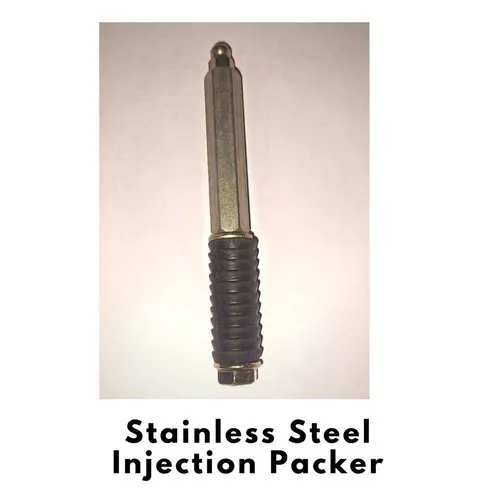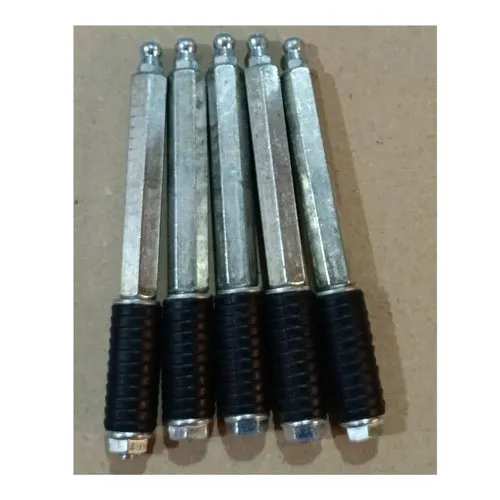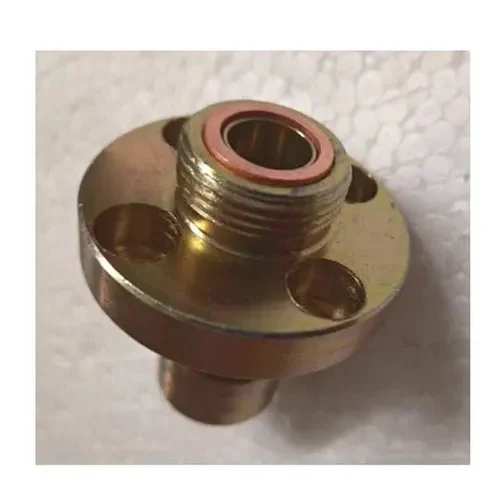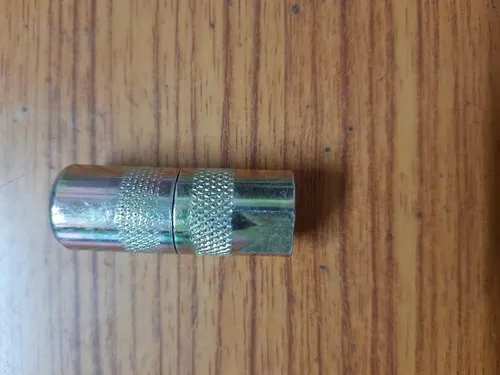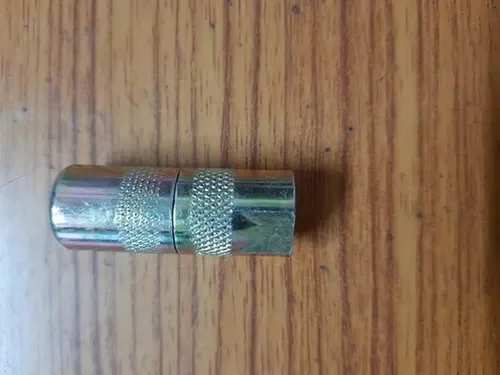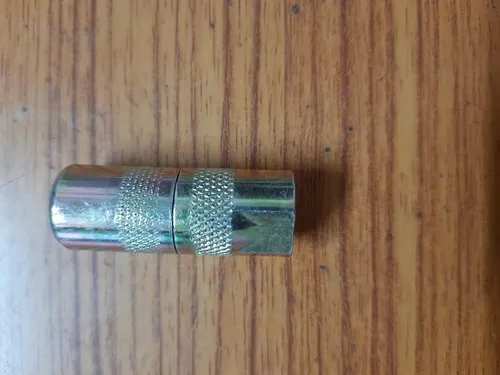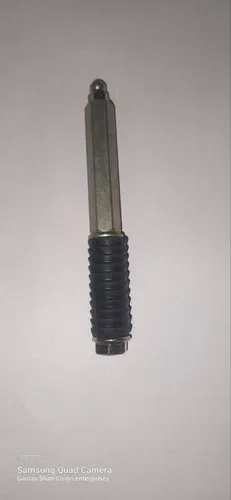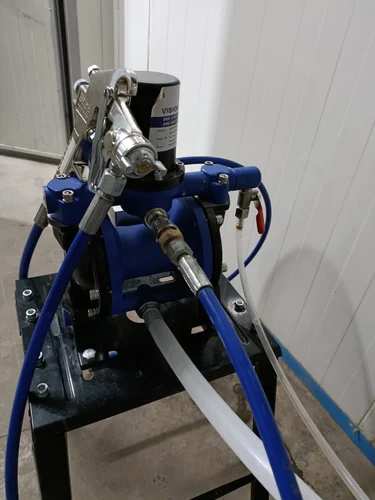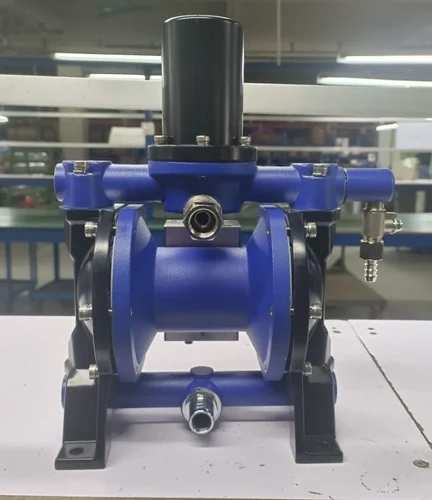Diaphragm Pump
Material: Aluminium Alloy
Brand: Vision Enterprises
Color: Blue
Max Design Pressure: 1-10 Bar
Product Code: 8424
Max Pressure: 0-100 psi
Storage Material: Liquids
Automation Grade: Semi-Automatic
Weight: 4.5 kg
Country of Origin: Made in India
Diaphragm movement is minimal, therefore lowering the pulsation of material supply and reducing wear on pump components. Easy Handling and Installation: Weighing only 4.5 KG., the unit is easily picked up with one hand. Connect air spray gun and hose can be easily connected.
profile picture
Cement Grouting Machine
Cement grouting machines are specialized pieces of equipment used to inject a cement-based slurry (grout) into cracks, voids, or beneath structures to fill them, stabilize them, or prevent water infiltration. They're crucial tools in various construction and infrastructure projects, including:
Foundation stabilization: Filling gaps beneath buildings or other structures to improve their stability and prevent settling.
Tunnel and underground construction: Sealing cracks and voids in tunnel walls and linings to prevent water leaks and maintain structural integrity.
Soil stabilization: Injecting grout into weak or loose soil to strengthen it and improve its load-bearing capacity.
Crack repair: Filling cracks in concrete, masonry, or brickwork to prevent further damage and water ingress.
Waterproofing: Injecting grout behind structures to create a watertight barrier.
There are various types of cement grouting machines available, each designed for specific applications and varying in:
Power source: Electric, pneumatic, or manual.
Pump type: Piston, diaphragm, or screw.
Pressure capacity: Low, medium, or high pressure.
Flow rate: The volume of grout pumped per unit time.
Portability: Stationary or portable units.
Choosing the right cement grouting machine depends on several factors, including:
The type of application: Different projects require different pressure capacities, flow rates, and grout mix properties.
The size and accessibility of the work area: Smaller, portable machines might be needed for confined spaces.
The budget: Grouting machines range in price from simple manual models to sophisticated high-pressure units.
Here are some additional details about cement grouting machines:
Grout mix: The grout mixture typically consists of cement, water, and sometimes additives like sand or admixtures to improve its properties.
Injection process: The grout is injected through hoses and nozzles into the target area.
Safety: It's essential to wear proper safety gear when operating a grouting machine, as the high pressure can cause serious injuries.
I hope this information provides a good overview of cement grouting machines. If you have any specific questions about these machines or their applications, feel free to ask!
profile picture
VE Digital Injection Grouting Machine
Ah, the VE Digital Injection Grouting Machine! It sounds like you're interested in a specific model. Based on my previous research, I can tell you that the VE Digital Injection Grouting Machine is likely manufactured by Vision Enterprises in Vadodara, India. They offer several models under the VE brand, so it's helpful to know the specific model number or any additional details you can provide.
Here's what I found about VE Digital Injection Grouting Machines:
Possible models:
VE DG-01: Electrically powered, 2L capacity, digital display, 70 MPa max pressure.
VE IG-01: Epoxy PU injection version, 500 Bar max pressure, auto return system.
VE IG-02: Two-component grouting pump, radial piston pumps, 500 Bar max pressure.
Features:
Digital control and monitoring for precise and consistent grouting.
Compact and portable design for easy maneuverability.
Suitable for various grouting applications with different material compatibility options.
Some models offer automated features like auto return or pressure relief.
To give you more specific information, I'd need to know which model you're interested in or what kind of grouting work you have in mind. If you can tell me more, I can provide details about technical specifications, pricing, user reviews, or even find videos or manuals for you.
Feel free to ask any questions you have about the VE Digital Injection Grouting Machine! I'm here to help you find the best tool for your needs.
profile picture
High Pressure Gun Swivel
High-pressure gun swivels are vital components for equipment handling pressurized fluids like water, chemicals, or paint. They prevent tangled hoses and provide smooth maneuverability during operation. Here's what you need to know about them:
Types of high-pressure gun swivels:
Ball bearing swivels: These common swivels offer smooth rotation and good durability for moderate pressure applications.
Price: 0 |
Payment Type: |
Available: False |
COD Available: False |
KYC Status: FAILED
Send Message

